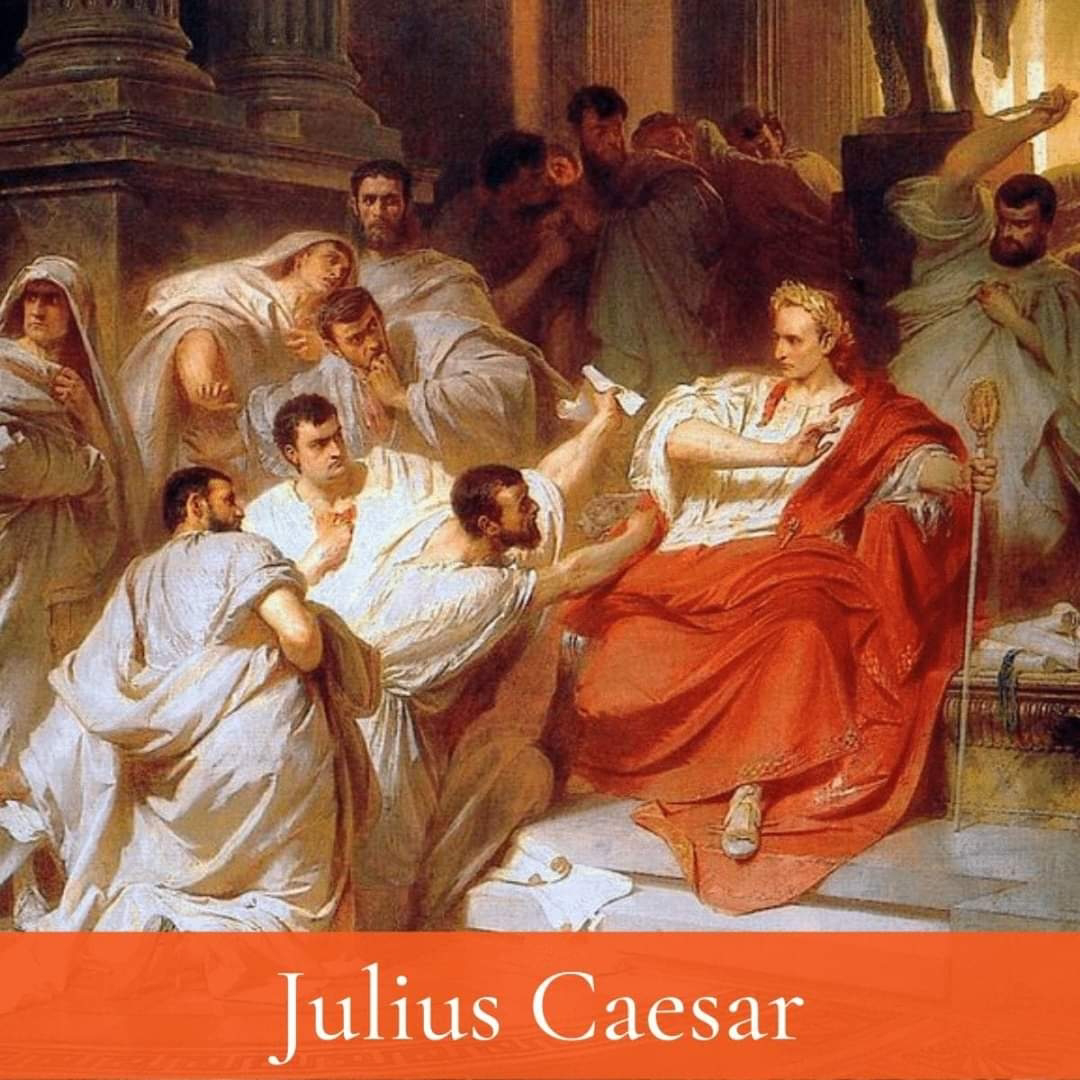"Julius Caesar" by William Shakespeare, a masterpiece of English literature, delves into the intricate dynamics of power, betrayal, and the struggle for democracy.
"Julius Caesar" by William Shakespeare, a masterpiece of English literature, delves into the intricate dynamics of power, betrayal, and the struggle for democracy. At its core, the play is a profound exploration of the human condition, illuminating the complexities of loyalty, honor, and the consequences of political ambition.
One of the play's central themes is the conflict between fate and free will. Shakespeare presents characters who are deeply conflicted about their roles in the grand scheme of things. Julius Caesar himself is depicted as a leader torn between the lure of absolute power and the demands of republicanism. His assassination, a pivotal moment in the play, is not just a political act but also a deeply personal betrayal, highlighting the play's exploration of the fragility of trust and friendship.
The moral ambiguity of the characters further enriches the play's exploration of ethical dilemmas. Brutus, often seen as the play's tragic hero, embodies the conflict between personal loyalty and the greater good. His decision to join the conspiracy against Caesar, motivated by a belief in the republic's preservation, invites the audience to ponder the ethical complexities of assassination for a perceived noble cause. This act of regicide throws Rome into chaos, underscoring the theme that the ends do not always justify the means.
Moreover, Shakespeare's portrayal of the public and its role in shaping political events is strikingly modern. The malleable nature of public opinion and its impact on political outcomes resonates with contemporary discussions about democracy and the power of rhetoric. The speeches of Brutus and Mark Antony at Caesar's funeral are masterclasses in persuasion, each appealing to the populace's emotions and reason to sway them towards their viewpoint. These moments highlight the power of language and its ability to shape destiny, a theme that is remarkably relevant today.
The supernatural elements in "Julius Caesar," including omens and prophesies, add a layer of complexity to the narrative, suggesting that the characters are not solely masters of their fates. This intertwining of the supernatural with the political intrigues invites reflection on the extent to which individuals can control their destinies versus being pawns of fate.
"Julius Caesar" offers a timeless meditation on power, ethics, and human nature. Shakespeare's nuanced portrayal of the characters and the political landscape they navigate prompts a deep reflection on the nature of leadership and the eternal struggle between personal ambition and collective well-being. The play's enduring relevance speaks to the universality of these themes, inviting readers and viewers to reflect on the moral complexities of their own times.


